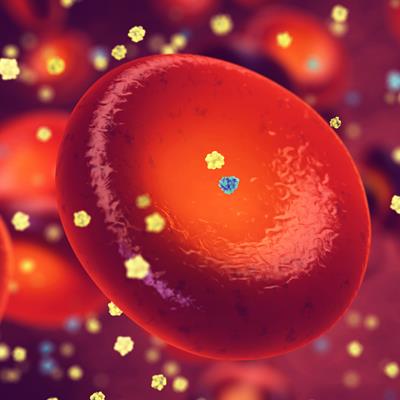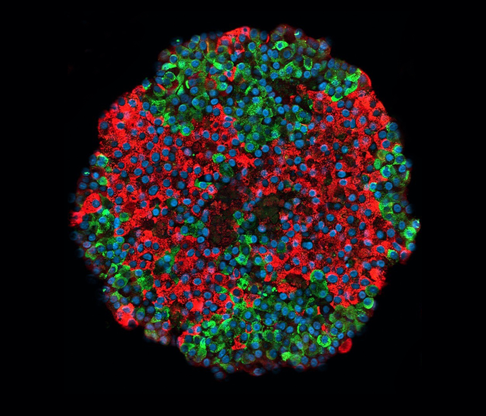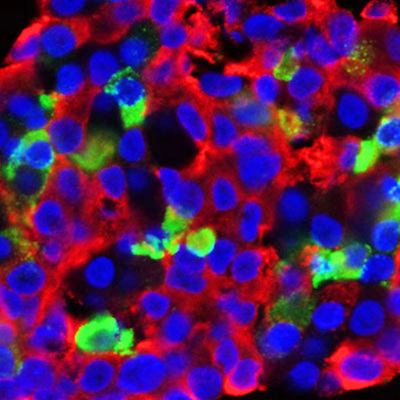May 4, 2023 -- University of Copenhagen researchers are using high-throughput experiments to explore connections between inherited diseases and a specific gene called GCK. The study, published April 26 in Genome Biology, may help provide better diagnoses of hereditary diabetes and other diseases.
The GCK gene encodes the enzyme glucokinase, which plays a central role as a glucose sensor in regulating glucose homeostasis. Since the GCK gene regulates insulin secretion in the pancreas, variants of the GCK gene can cause a form of hereditary diabetes. Although the connection between GCK and diabetes was previously known, the effects of the vast majority of the possible variants of this gene were unknown. The researchers, in a multidisciplinary collaboration, sought to measure the effects of all possible GCK gene variants.
Using high-throughput -- automated experiments that enable large scale searches for active compounds in natural materials -- the researchers measured the activity of over 9,000 different GCK variants in yeast cells. They then generated a list of the effects of known variants, as well as the effects of still undiscovered variants that patients might carry. In addition, they were able to better understand the impacts of many newly discovered GCK variants upon the glucokinase enzyme. This provided them with a reference for future GCK diagnostics.
Among other effects, GCK gene variants can cause a form of hereditary diabetes called "GCK maturity onset diabetes of the young" (GCK-MODY). However, the elevated blood glucose levels exhibited by GCK-MODY patients are not commonly associated with complications. Therefore, unlike with other forms of diabetes, most GCK-MODY patients require no treatment or medication. Nevertheless, due to missing or inaccurate genetic data, more than half of GCK-MODY patients are mistakenly diagnosed with type 1 or type 2 diabetes, and are therefore unnecessarily medicated. The researchers' new map of GCK variants can potentially provide such patients with a more correct diagnosis, and inform the development of therapeutics targeting GCK.
The researchers' data also gives them the opportunity to test and develop computational models for variant effects, which may then be transferable to other genes and diseases. This work is underway, with the researchers now seeking to develop precise methods that will provide insights into the genes involved in neurodegenerative diseases.
"Now we have measured the effects of almost all variants of GCK, giving us knowledge on which variants function, and which do not," Sarah Gersing, first author and a PhD student at the University of Copenhagen, said in a statement. "The next step is to understand why and how the same underlying molecular mechanisms can give rise to a wide range of different diseases."
Copyright © 2023 scienceboard.net











